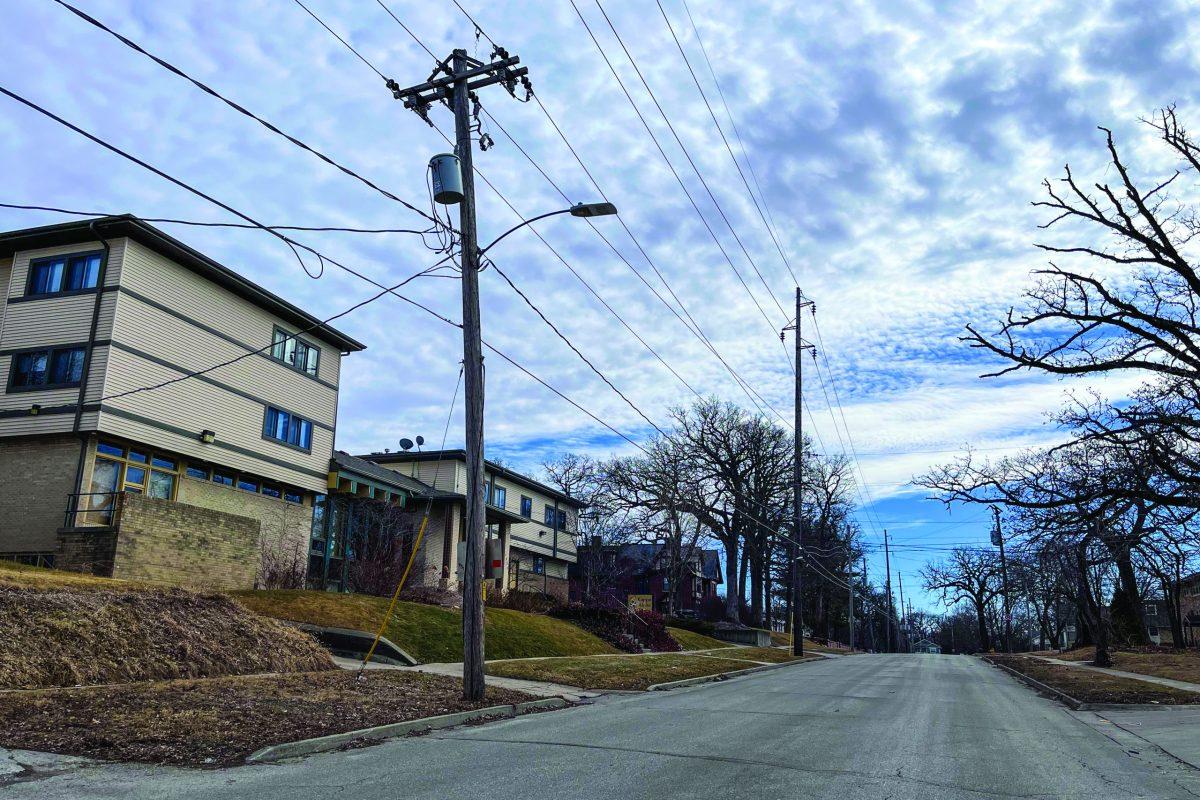Who exactly can be in a sorority? Some make the argument that anyone who is female-bodied (AFAB) can join, while others say only those who identify as female can.
In 2019, Drake changed the rule so that sororities on campus were able to recruit nonbinary members. This rule was short-lived, however.
There has recently been a change in the Panhellenic rules regarding non-binary members. The National Panhellenic Council (NPHC) made the change that you must (1) be AFAB and (2) identify as a female in order to be in a sorority. These rules matter to Drake because they are the organization that governs Drake’s Panhel life.
“The bylaw passed in 2019 [at Drake] that allowed nonbinary people to go through recruitment has been removed because it goes directly aganist our member organization policies and NPC policy,” Panhel President Claire Hill said.
At Drake, this means that nonbinary students can no longer go through sorority recuitment. However, this does not mean that current members who are nonbinary will be removed from their chapter. NPHC’s decision was not well received by sorority members, however.
“I think many people in this community wanted this bylaw to stay in place and are disappointed that the bylaw must be removed,” Hill said. “We have worked very hard to attempt to reverse the historic exclusion of certain marginalized populations here within our Panhellenic community.”
An anonymous nonbinary sorority member at Drake said that it feels exclusionary to prevent people from participating in sorority life because of their gender.
“I feel very disappointed,” the anonymous student said. “With little push back from Drake to NPC, it feels as if they don’t see value in putting effort into fighting for a more inclusive atmosphere on campus for nonbinary people. Greek life is one of the most unique parts about the college experience and to deny somebody that experience because of their gender is ridiculous.”
They also emphasized the damage that this new rule has on the LGBTQ+ community.
“…to say we aren’t welcome anymore is even more isolating,” the anonymous member said. “It’s also frustrating because there is no house, either social or professional, for queer people specifically, and to say we would need our own is again isolating. It gets old having to create new spaces for queer people to exist in as themselves because the spaces that do exist already don’t welcome us.”
Those who are in Panhel have acknowledged this, and have mentioned that they are not intending to hurt nonbinary students.
“It is not the intention of the Drake Panhellenic Council nor its community to harm any population, only to abide by the rules that have been set in place for us,” Hill said. “Our members will continue to be educated on issues of gender identity and how to be effective allies. I hope our members discuss these issues with their inter/national organizations.”
Despite all of this, the past actions of the Panhel community have worked to make nonbinary people feel included, and the hope is that they continue to do the best they can.
“When I joined, it was because I was struggling to make friends and meet people due to virtual class and COVID,” the nonbinary member said. “I needed that social environment, however I went through with being initiated because after I accepted my bid I asked our DEI person at the time if I was welcomed even though I was nonbinary. Their affirmation of me having a place in the chapter regardless of my gender identity is what made me feel like my chapter was a safe space for me.”







